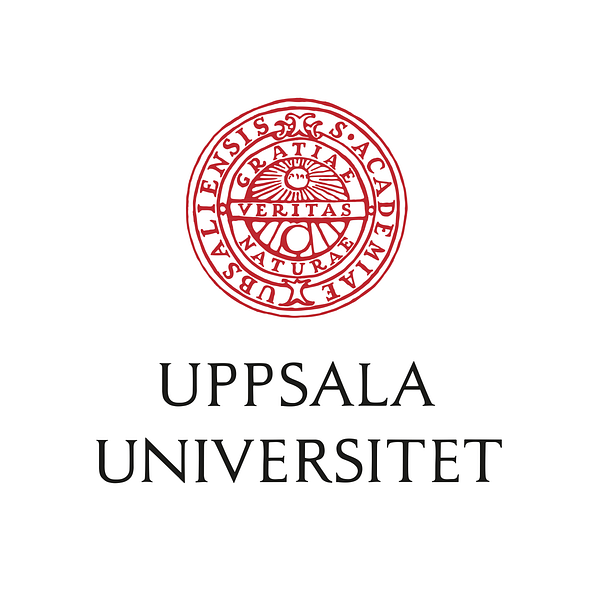Pressmeddelande -
EU fails to exploit full potential for peace
In recent years, the EU and its member states have increased their participation in wars, but not in peace efforts. This is shown in a new report from the Uppsala Conflict Database Program, UCDP, at Uppsala University. The researchers find that the EU as a peace project should have more to offer, and they propose a new doctrine for peacemaking.
The new report reveals that 25 of the EU’s 27 member states are actively supporting one side in the Afghanistan conflict, without the EU playing any independent peacemaking role. At the same time, the EU is participating as only one of many mediators in three of the world’s 36 ongoing armed conflicts.
“The EU is not living up to its self-image as a project for peace. There is considerable potential that is not being exploited. The military engagement of member states risks narrowing the scope for other means of conflict management,” says Emma Johansson, a doctoral candidate in peace research and lead editor of the report.
The report “A New Start for EU Peacemaking?” was put together by a group of researchers at the Department of Peace and Conflict Research at Uppsala University. It is based on information that is readily accessible in the Conflict Database Program’s database. The researchers have studied the EU and its member states in regard to their military and diplomatic support for warring parties, EU mediation efforts, the EU’s own peace operations, and the organization’s work for democracy and human rights.
One example of how EU is not making use of its full potential is that none of the EU’s peace emissaries are women. More than 20 emissaries have been named since the UN declared that there should be an expanded role for women in peace processes exactly 10 years ago (UN Resolution 1325 from October 2000).
“This is incredible, considering the fact that Europe has so many well-educated women. The first woman was appointed to such a post only in September this year, and we hope this is the beginning of a new tendency,” says Emma Johansson.
The report’s statistical analyses indicate that the EU has many opportunities to act. They show that the EU has actually been successful in ending wars and contributing to peace agreements in the few situations where the organization has been involved.
“Oddly enough, no such statistical study has been undertaken previously,” says doctoral candidate Joakim Kreutz, who finds it remarkable that the EU has not followed up with more mediation efforts.
The report also notes that the Treaty of Lisbon, which now regulates the work of the EU, calls for greater efforts for peace. The researchers recommend that this should lead to a new doctrine for EU action in matters of peacemaking and conflict resolution.
“The report provides a thought-provoking compilation of the EU’s efforts and shows the value of systematic data collection about war and peace. For example, it clearly reveals that the EU seldom plays a leading role in efforts where the EU is involved and that when the EU takes action using peaceful means in conflicts, it is often not directed toward the most central issues of contention,” adds Professor Peter Wallensteen, who directs the research program.
“A doctrine for peacemaking, greater resources for peace emissaries, and not least a clearer role for the EU’s new diplomatic service ought to be able to change the situation.”
The report can be downloaded from Uppsala University´s website.
For more information, please contact Emma Johansson at tel: +46 (0)18-471 76 51, Joakim Kreutz at tel: +46 (0)18-471 6124, and Peter Wallensteen (in the US, can be reached after 3 p.m. CET) at mobile: +46 (0)70-675 2679.
